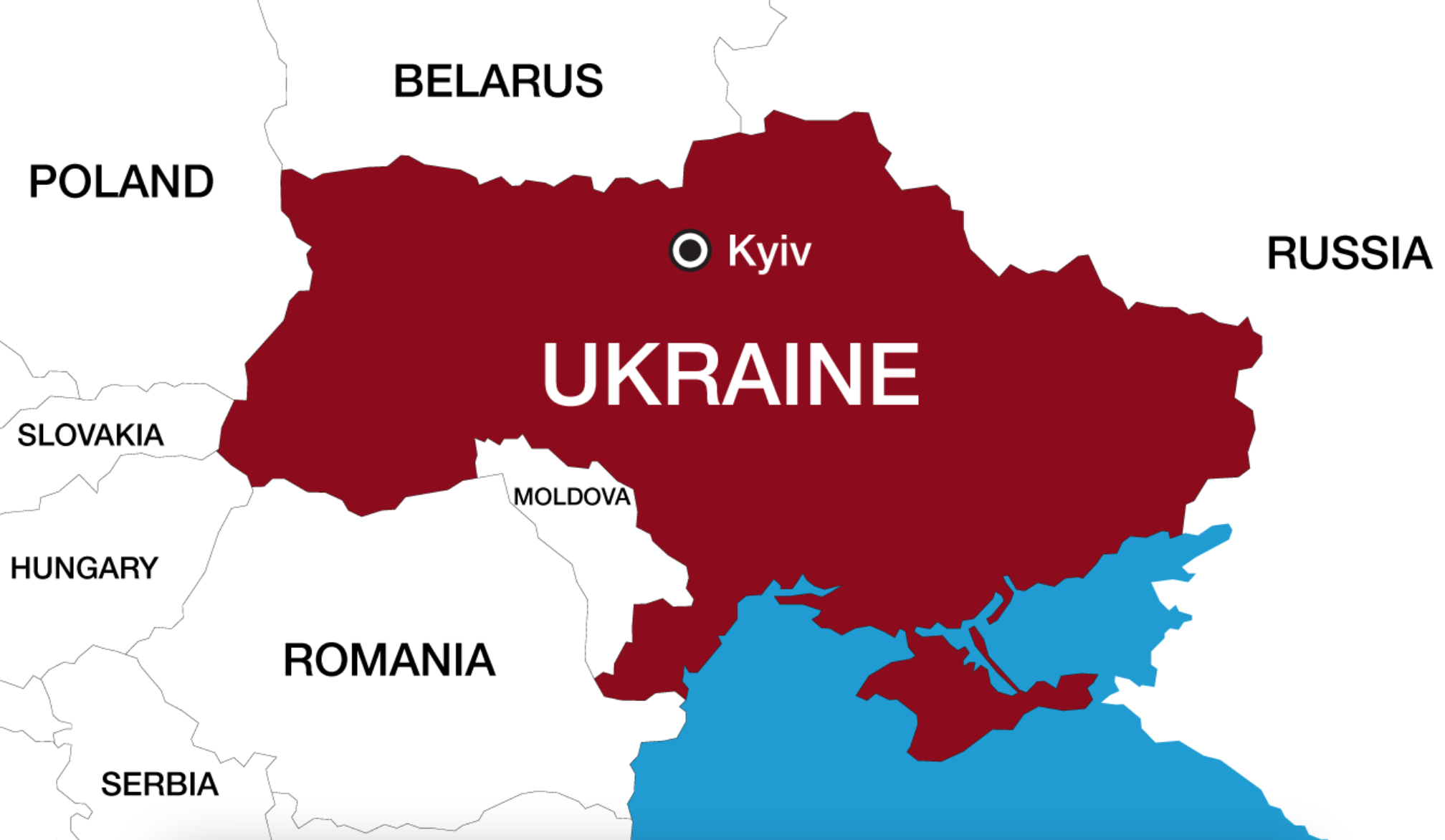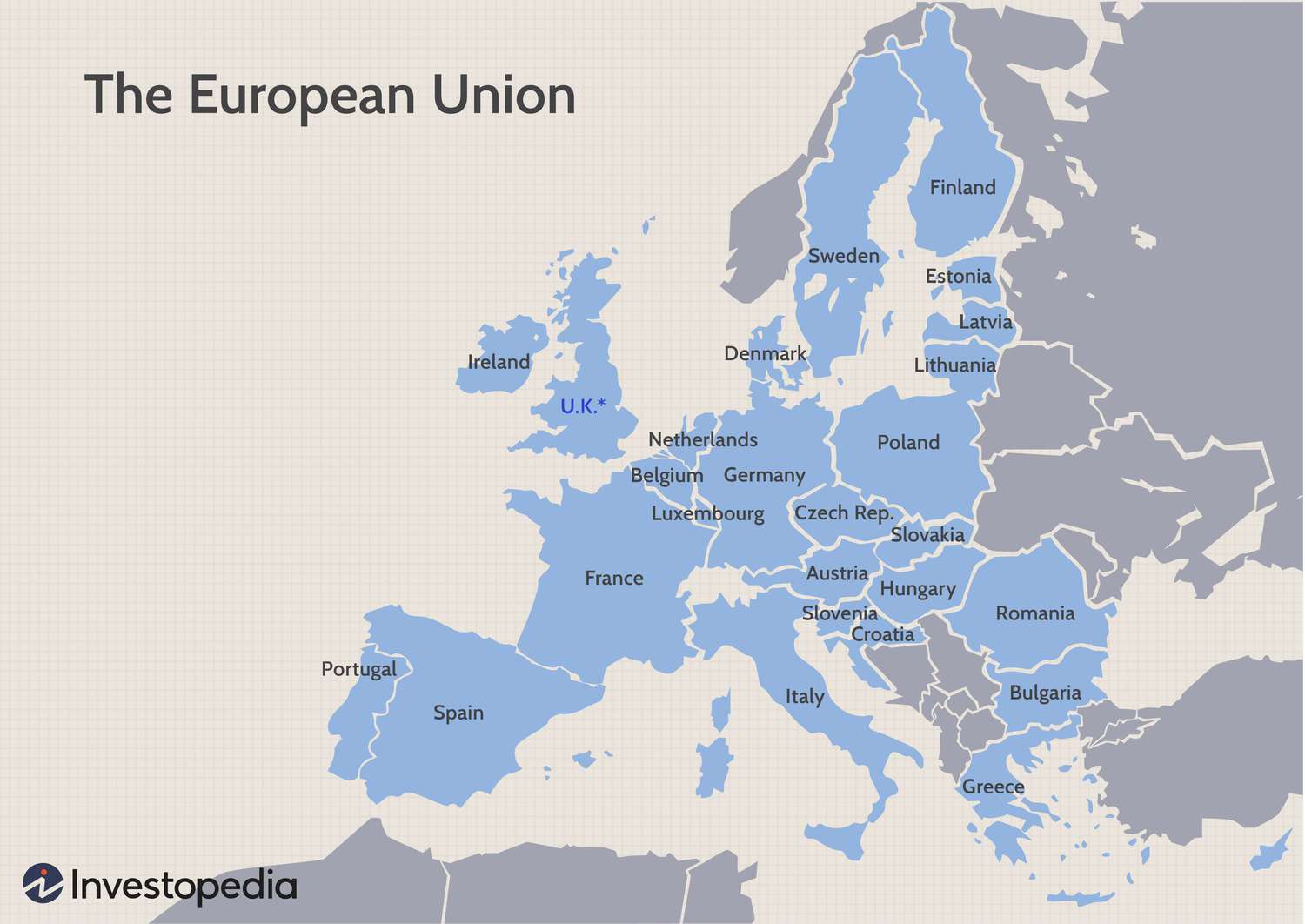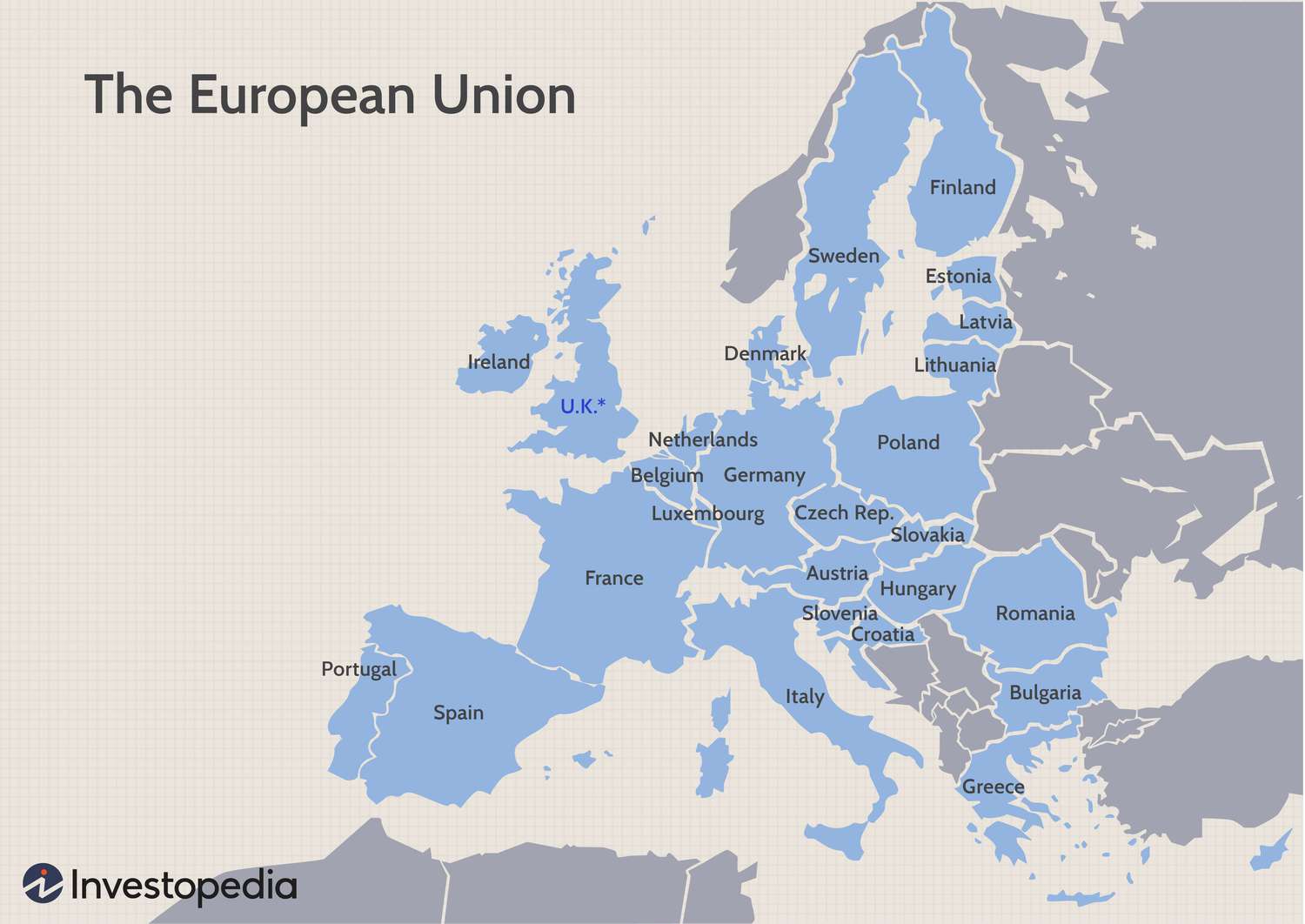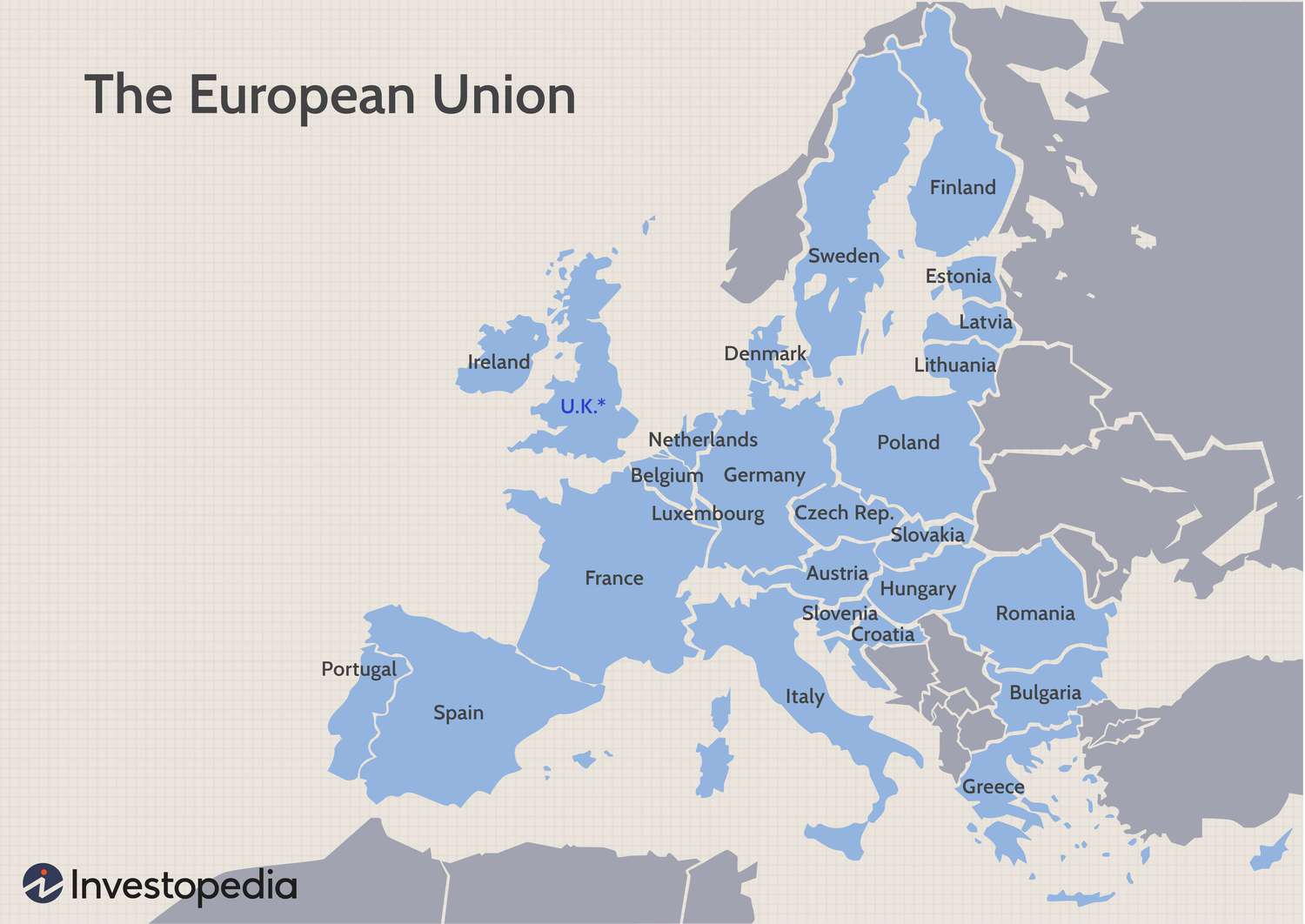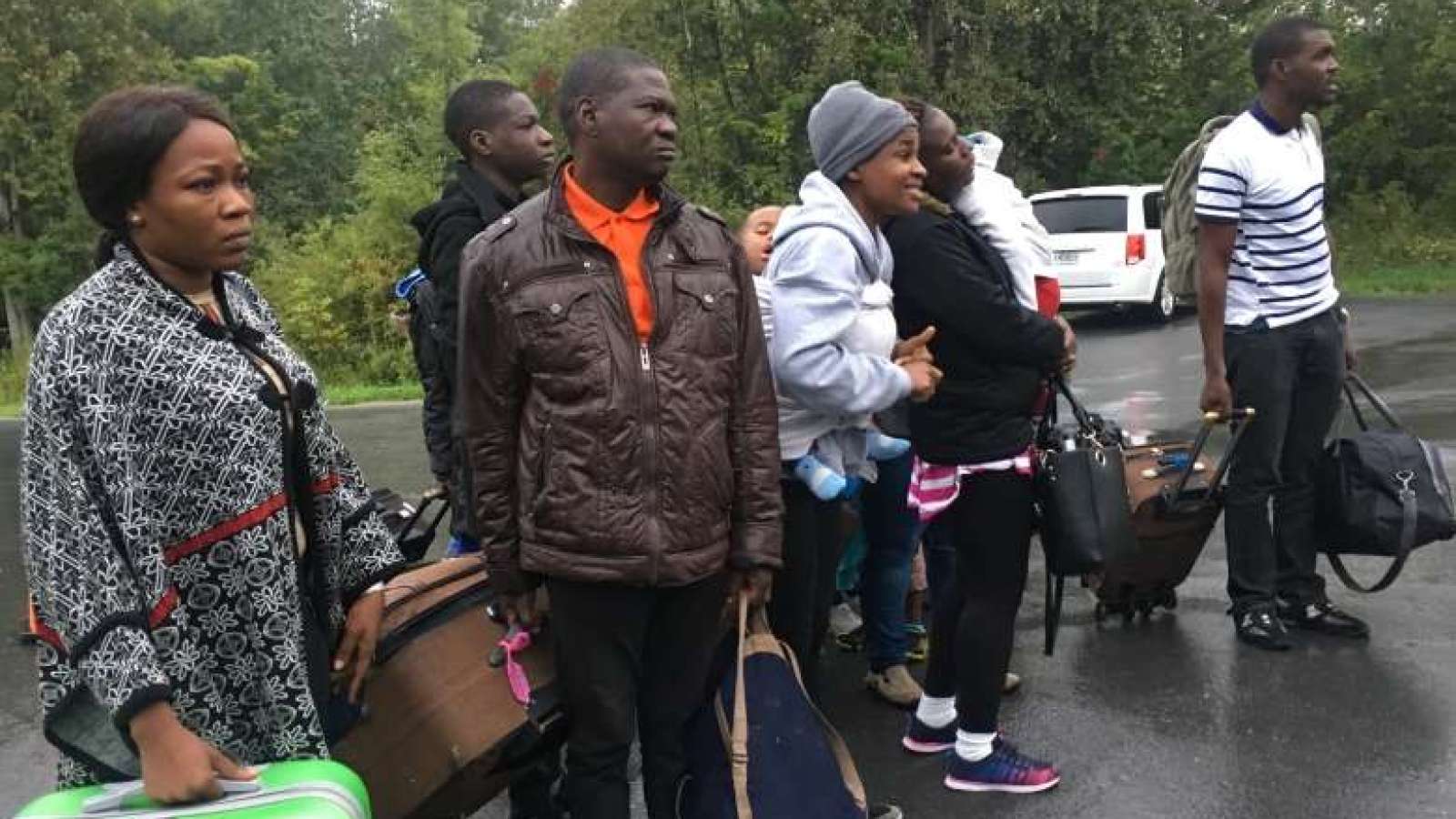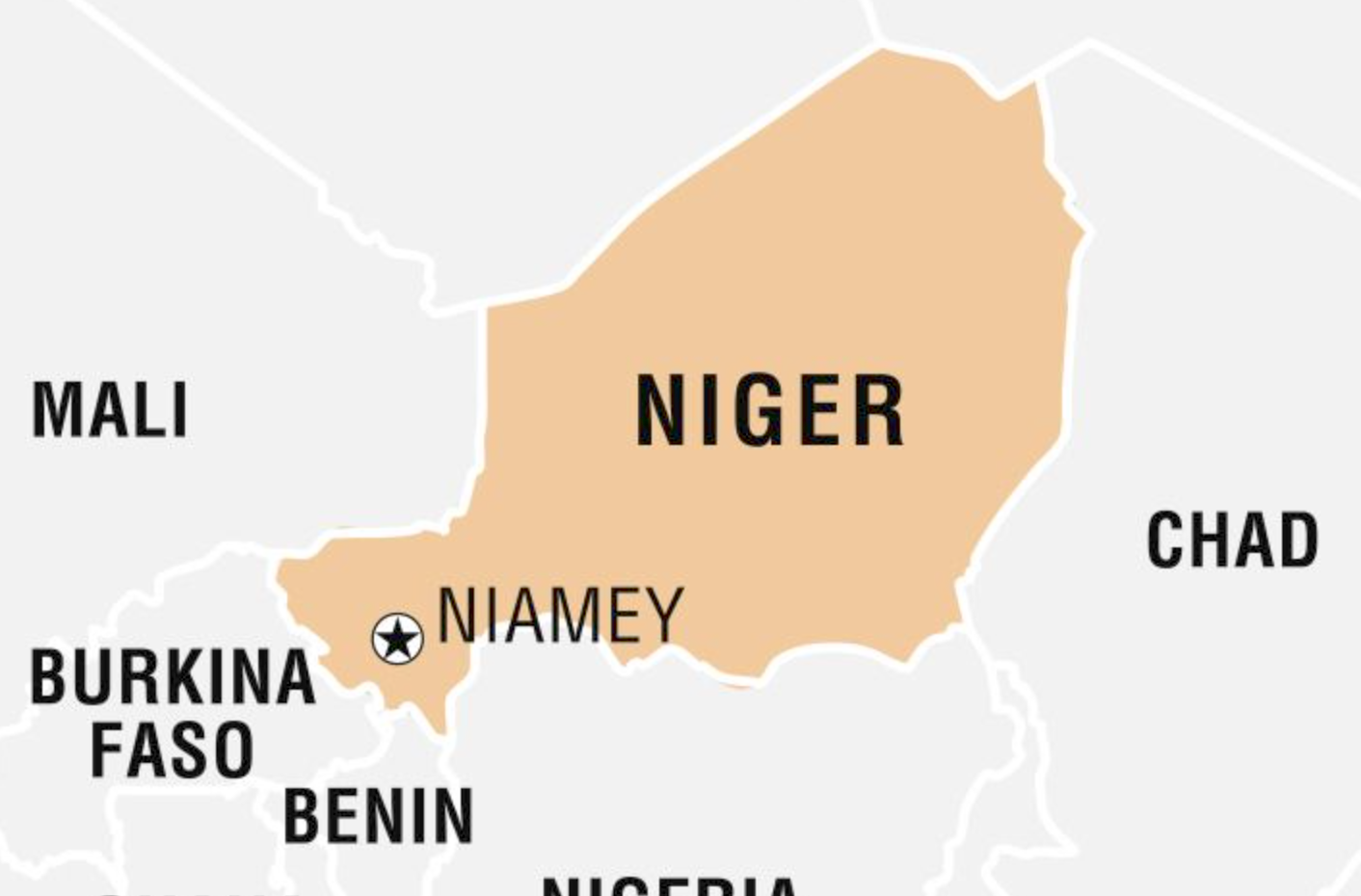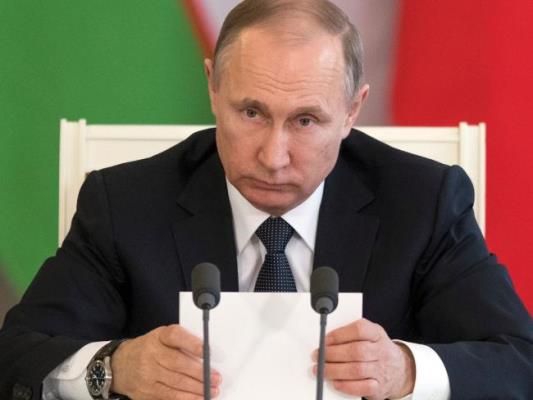The European Union (EU) has announced the investment of an additional 5.4 million euros in building the capacity of teachers in the Northwest.
The EU Commissioner for International Partnerships, Jutta Urpilainen, made this known at the official launch of the 4O million Euro intervention programme on education and youth empowerment in North Western Nigeria through the Global Gateway initiative.
According to Urpilainen, the investment is in line with EU’s commitment to crash the high number of out of school children in the Northwest region of Nigeria by improving access to quality education and empowering youths in the region.
“This component is complemented by a 5.4 million euro separate programme that we signed today, which is dedicated to teachers for aiming to build their resilience and capacity in challenging environments.
“We have to remember that there is no education without teachers and that’s why we also have to invest in teacher training.
“The third objective of our programme is really that it empowers youth with the skills they need, providing vocational education as promoting behavioral change campaigns to challenge harmful social norms and empower girls,” she said
Urpilainen said that the European Union was equally out to provide vocational education and training for Nigerian youths in order to equip them with the necessary skills required to excel in the Labour market.
“This ambitious programme launched today has been designed with Nigerian authorities to ensure the ownership and an adequate response to the local needs.
“The EU is not only targeting the youth through this specific programme, it is also bringing the youth to the driving seat and this is why as the EU, we set up the Youth Sounding Board, also here in Nigeria, as well as in many countries to make sure that what we do is for the youth but also by the youth.”
Urpilainen said that young people had to be included in decision making creating spaces and structures where young people would feel visible.
She said that Nigeria was not only the economic powerhouse on the continent and the most populous country in Africa, but also a strategic partner of the EU in the West region.
She therefore, said that the programme would focus on lifting out of school children off the streets to get the required education, especially girls through various components aimed at achieving one objective; access to quality education and youth empowerment.
“Education is the most transformative sector in which we can invest and it is the cornerstone for creating resilient societies and finding solutions to the biggest challenges of our time.
“So the EU investment on access, skills and quality education and youth empowerment in North-western Nigeria brings actually all these different components together. It will be deployed in Northwest Nigeria.”
Urpilainen said the programme launched, apart from tackling out of school children, would also include direct assistance to families, cash transfers, social protection, income generation, gifts and indirect assistance through agricultural practices.
She added that another objective of the programme is to promote validated teaching and learning in targeted schools.
She said the programme would support child centred medical, sexual reproductive health, racial gender equality training and support community-based and state-level capacities to deliver on education.”
Responding on behalf of the Northwest governors, Gov. Umar Namadi if Jigawa, commended EU for supporting the region to address the scourge of out-of-school children .
“The Northwestern states have the highest population in the country, we are more disadvantaged when it comes to education so this support is coming at the right time.
“For each of us, education is a priority and we have decided collectively and individually to invest in education and we are ready to change the narrative in next four years.
“This support has come at the right time and I assure you that this support will go a long way in helping us to revamp education in our various states.
“This intervention we will utilise in the best way possible and I assure you that the outcomes would be something commendable to improve our educational system and other aspects of social development,” he said.
The Minister of Education, Tahir Mamman, said that education was key to development and that youths needed to be empowered to succeed .
“If our youths are not properly catered for, trained and empowered, we are toying with the future of the country. Not catering for them will allow poverty to grow and insecurity to foster.”
Mamman called on the state governors to focus on prioritising education and youth empowerment, adding that the soon to be released education sector roadmap covered the same objectives of the European Union in revamping the sector.
He said that the Ministry’s focus is to shift to basic education to tackle out-of-school children, adolescent girls who need to be trained and empowered.
He added that the government is ready to commit 25 per cent of the budget on education.
“All the President needs, according to him, are policies that will justify that budget and that is what we are working on,” Mamman said.
